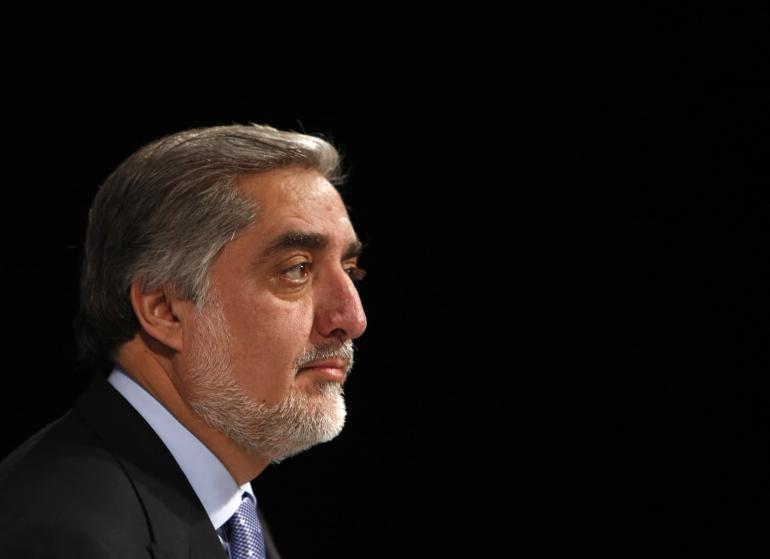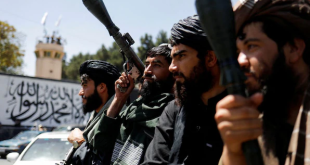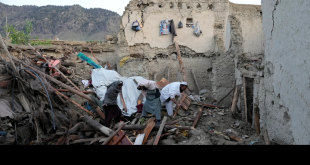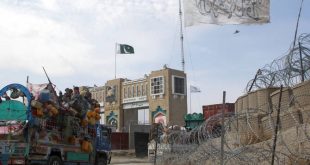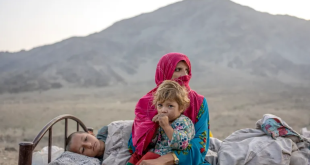KABUL: Chief Executive, Abdullah Abdullah slammed the Taliban for their peace stance, saying the insurgents’ position was the main obstacle for the process, a remark stated amid efforts being made by regional powers and the United States to persuade the militants give up militancy and join peace.
“The most basic obstacle for peace process is Taliban’s stance. The current situation is related to this that Taliban are not ready for talks with the people and government of Afghanistan and they are wasting time. Taliban do not accept any outline except the Islamic Emirate,” Abdullah said on Monday, referring to the governing system adopted by the militants when in power (1996-2001).
Taliban seem to have reached an agreement with the United States after four rounds of negotiations over the US withdrawal and that Afghanistan would not be used again by terrorist groups such as al-Qaeda to threaten the world stability.
But the insurgents have so far rejected several requests over holding dialogues with the government of Afghanistan, an administration they underestimate as the “the US puppet”.
Abdullah believes that the recent peace talks lacked a national consensus, calling on the politicians, political parties and civil society to keep their solidarity in the peace process and talks.
A two-day long meeting is scheduled to begin today in the Russian capital, Moscow with the participation of politicians with different backgrounds and viewpoints. The meeting said to have been initiated by Afghan refugees in Russia, would host Taliban members and political figures from Kabul including former president Hamid Karzai to express their views about seeking ways for peace. The government refused to attend the meeting, saying it would not resolve problems.
Abdullah said that Taliban and some regional states would get advantage in case of lack of national consensus.
His statement follows the US special representative Zalmay Khalilzad’s remarks over lack of national consensus for peace in Afghanistan.
Taliban spokesmen did not immediately respond requests for a comment to Abdullah’s statement.
“I think the use of harsh words doesn’t help the peace process during the talks and we should try to use polite words,” said Hekmat Azami, head of the Institute for War and Peace Reporting.
 Afghanistan Times
Afghanistan Times
